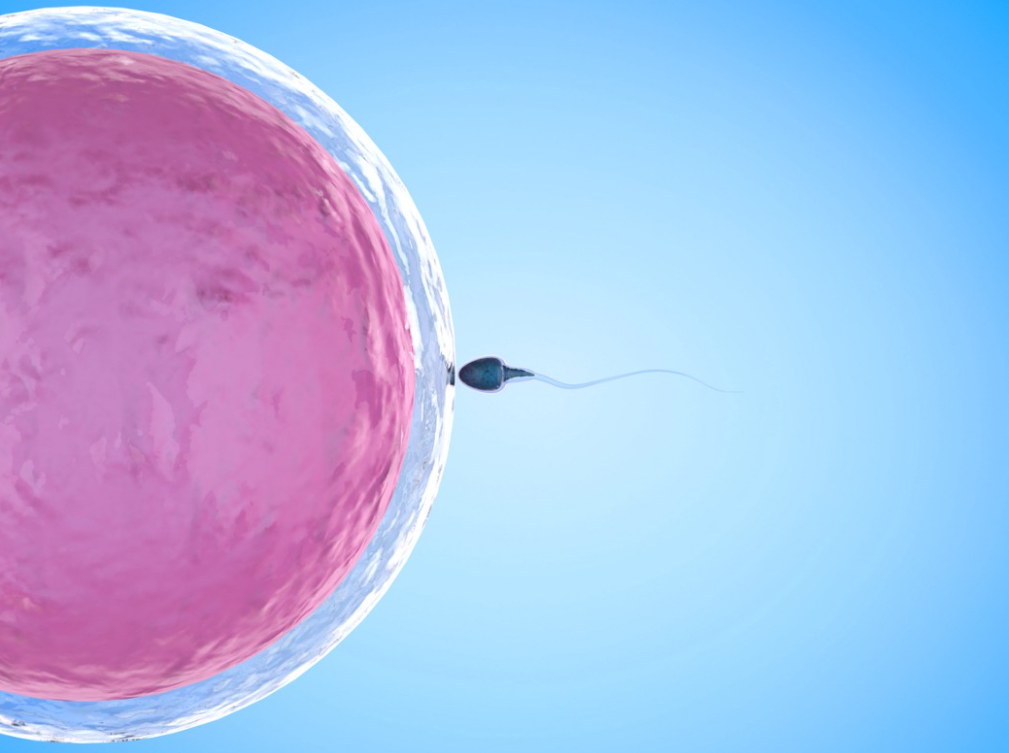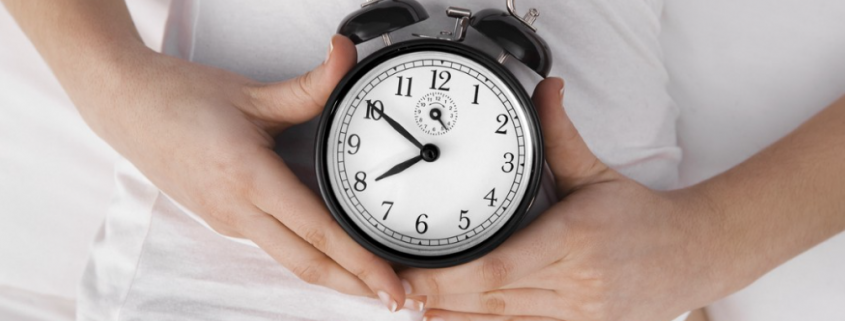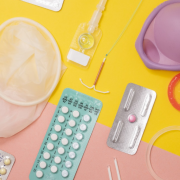Egg Freezing Fights Fertility’s Biological Clock
Preserving parenting options before it is too late.
“What if I want kids one day,” she nervously asked me at the end of our office visit. She was a 35-year-old senior VP who had successfully climbed the corporate ladder. Achieving career success, she began to contemplate life outside of work.
She was dating off and on, but no paternal “prospects” were in sight. She did not want to have children right now, but she was worried. Her biological clock was ticking.
No one should tell a woman when or if she should have a baby. That decision is up to her, but she needs to know all her options before it is too late.
Time is not our friend when dealing with fertility.
We need to improve egg preservation awareness to give women the option while egg quality and quantity maximize the chances of success.
How does age affect fertility?
At birth, the ovaries have a set number of eggs. Men make new sperm every day, but women are born with all the eggs they are ever going to get. The number of eggs decreases throughout a woman’s life from 2 million at birth to less 1,000 by menopause.
As the number of eggs goes down, so do the chances of pregnancy. As much as we do not like to hear it, fertility decreases with age.
Most women in their 20s are not thinking about future fertility status, but this age is the peak time for egg quality and quantity.
Fertility rates start to drop at age 32. In the early 30s, some women, who know they will not be having children anytime soon, began to contemplate their fertility status. But many do not have the funds or focus to pursue egg freezing.
At age 37, fertility rates fall off the proverbial biological cliff. The number of eggs dramatically drops, and the chances of successful spontaneous pregnancies go down.
Women age 35–42 are the most common age group to inquire about egg preservation. Faced with declining fertility, a lack of a partner, or a current lack of desire for pregnancy, women ask about fertility options.
By this age, the egg quality and quantity may have already decreased. Just as some women arrive at an age when they have matured into their careers and have the finances to investigate egg freezing, the ovaries may no longer have enough reserve to produce high quality functioning eggs.
Career, money, and the lack of a partner are common barriers for delaying pregnancy, and each woman may have her own goals, dreams, and rationale on when to start a family.
Regardless of the reason, Obgyns and fertility physicians often see patients trying to get pregnant later in life.
Biologically speaking, age matters. As a woman gets older, the chances of pregnancy go down.

PhonlamaiPhoto Istock by Getty
What is egg freezing?
Egg freezing, or cryopreservation, is the process of cooling egg cells to subzero temperatures to stop all biological activity and preserve them for future use.
Egg cryopreservation has been available for a long time but was an unproven technology. It was labeled “experimental,” which limited egg freezing to women who had nothing to lose; conditions like early menopause or cancer.
In 2012, the American Society for Reproductive Medicine (ASRM) lifted the experimental label for egg preservation. Fertility clinics began using a flash-freezing technique called vitrification. This technique improved outcomes compared to older slow freezing processes.
Flash-freezing now provides egg survival rates of around 90%.
In 2018, the ASRM approved the use of egg cryopreservation for social reasons opening up this open to many women who delayed childbearing for a variety of personal reasons.
Flash-freezing egg preservation is an available option for any woman who wants to maintain her future fertility options. The younger she is when she freezes her eggs, the higher the chances of a successful pregnancy later in life.
What is the egg freezing process?
Egg freezing works a lot like the beginning stages of in vitro fertilization (IVF) treatments. Patients take ovulation stimulation medications causing the ovaries to produce multiple fertile eggs. Doctors monitor progress with serial ultrasounds and blood tests to identify the optimal time to retrieve the eggs.
When the timing is right, a fertility specialist harvests the eggs via a transvaginal ultrasound-guided aspiration.
The goal is to obtain 8–12 eggs. The more eggs, the higher the chances of future pregnancy.

Why would I want to freeze my eggs?
Women choose egg preservation for a variety of deeply personal reasons.
- Not ready to get pregnant until later in life.
- Undergoing radiation or chemotherapy which may damage the ovaries.
- Carrier of familial cancer gene such as BRCA 1 or 2.
- As part of an IVF cycle for future use.
Life is all about options
Reproductive biology can alter one’s dreams, and life goals can change the reproductive options.
Career ambitions, relationship status, money, financial goals, and health status are some of the reasons women delay childbearing. Regardless of the motivation or circumstance, egg preservation is one way to fulfill fertility wishes.
Thank you to BeingWell for publishing this article on Medium.
- Thanks to Robert Turner
Blog Author: Dr. Jeff Livingston
Main Blog Photo By: Erikreis Istock by Getty












